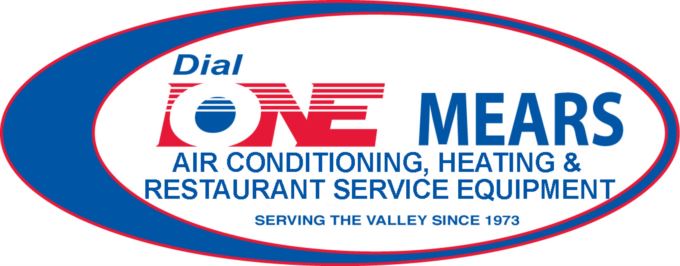Buying your first home is thrilling. You’re likely juggling numerous details about making the right choice. We believe that gaining insight into your potential new HVAC system is essential. The property’s HVAC system represents a substantial investment and potential source of long-term costs, which is why due diligence helps all first-time homebuyers.
In this guide, we’ll share seven tips for discovering all there is to know about a home’s heating and cooling setup. And if you want a more in-depth opinion from the pros, consider calling Dial One Mears Air Conditioning & Heating Inc. Our experienced team can help you compare your options with industry insights that are second to none.
1. Which Kind of HVAC System Does the Home Use?
Start by identifying what type of HVAC system the home includes. Furnaces tend to last longer compared to air conditioners, and relatively new types of HVAC systems like heat pumps can offer average life spans that are impressively long. Knowing the make and specific model ensures you have a clear idea of how much routine maintenance it might need.
2. How Old Is the Current HVAC System?
It’s just as smart to learn how old the HVAC system is when you’re looking at a new home. In general, HVAC systems last about 10-12 years. Learning its approximate installation date helps you plan for possible repair needs or considerations if it might shut down for good. Older systems may be more vulnerable to problems, so budgeting for a replacement unit might be needed faster than expected.
3. Is the Warranty Active?
Be sure to check the HVAC system is covered by a warranty. If it is, that’s great news because it can assist with maintenance expenses. HVAC warranties should take care of parts and labor, but it’s important to note that details will vary. Don’t forget to look into any terms that seem confusing to ensure you understand your coverage and potential out-of-pocket costs.
4. Has the System Ever Been Professionally Serviced or Maintained?
Take a close look at the maintenance history of the HVAC system, if the records are available. This service history can demonstrate if there have been regular problems or how often maintenance is performed. You should at least try to track down a history of key tasks such as changing the air filter, which is a positive sign indicating regularly scheduled tune-ups.
5. What Are the Energy Efficiency Ratings?
Selecting a system with high energy efficiency means smaller utility bills and less of an impact on the environment. Look for the seasonal energy efficiency ratio (SEER) ratings for air conditioning as well as the annual fuel utilization efficiency (AFUE) for furnaces. Higher SEER ratings mean better cooling across the entire season, while strong AFUE ratings indicate that the fuel is more effectively burned for useable heat.
6. Can You Spot Trouble After Completing an Informal Inspection?
Even without experience in HVAC systems, you should still check out the HVAC system yourself. Keep an eye out for any concerning items that weren’t mentioned by the seller or real estate agent. This includes strange noises, stubborn patches of the house that are too hot or cold and attempts at concealing any serious damage.
7. Have You Sought Out Expert Advice?
If you’re unsure about the current state of the HVAC system, it’s wise to get a professional opinion from trained HVAC professionals. They are skilled at identifying things you might not, like leaking coolant, bad electrical connections or inefficient ductwork.
A Call with Dial One Mears Air Conditioning & Heating Inc Simplifies Your Home-Buying Journey
Finding your first home should be thrilling, and Dial One Mears Air Conditioning & Heating Inc can ensure yours is too. Get in touch with us at 602-789-3315. We can go over the details about how our HVAC services give you peace of mind, giving you what you need to make an offer with confidence.
